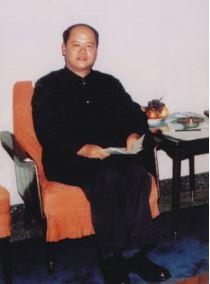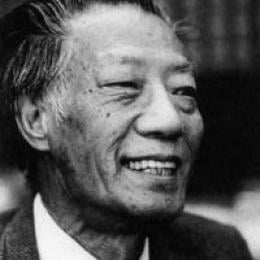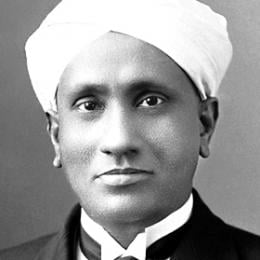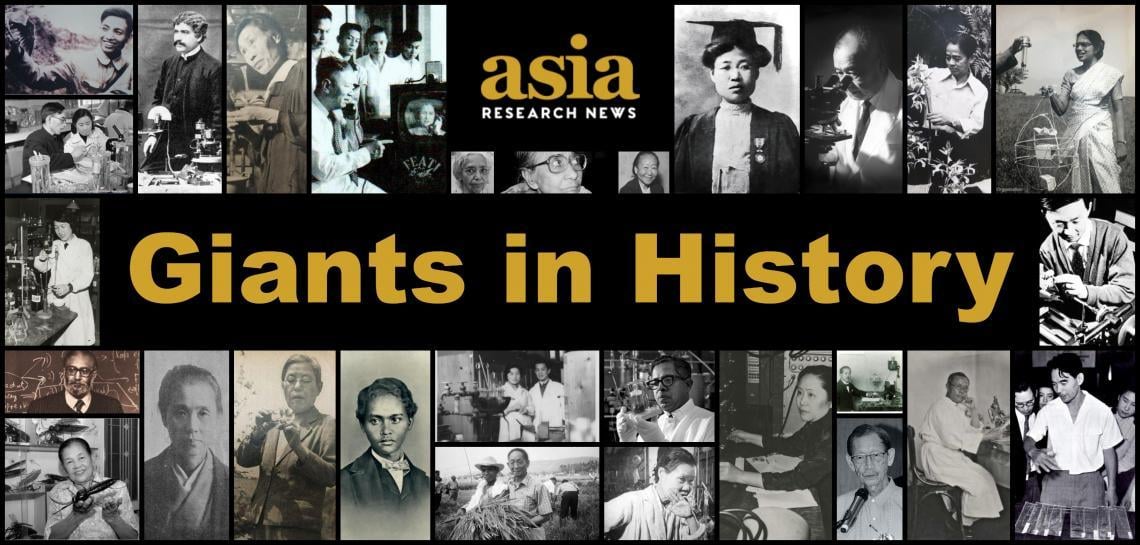The muscle protein pioneer
Cao Tianqin (05 December 1920 - 08 January 1995)
China

Chinese biochemist Cao Tianqin (5 December 1920 – 8 January 1995) discovered the myosin light chain, a subunit of myosin, a protein crucial for muscle contraction. Working in a leather processing factory during the Second Sino-Japanese War spurred Cao’s interest in leather protein. At the end of World War II, Cao received a British Council scholarship to study at the University of Cambridge, where he discovered the myosin light chain. When he returned to China, Cao continued his research on muscle proteins at the Shanghai Institute of Physiology and Biochemistry. He and his students pioneered the study of the muscle proteins tropomyosin and paramyosin using electron microscopes. A passionate teacher, Cao is remembered by his students as a lively lecturer who explained DNA and proteins using references to Romeo and Juliet and the Tao Te Ching, a Chinese classic text. In 1960, Cao was appointed Vice President of the Shanghai Institute of Biochemistry. He was also an academician of the Chinese Academy of Sciences (CAS) and a foreign member of the Royal Swedish Academy of Engineering Sciences.






